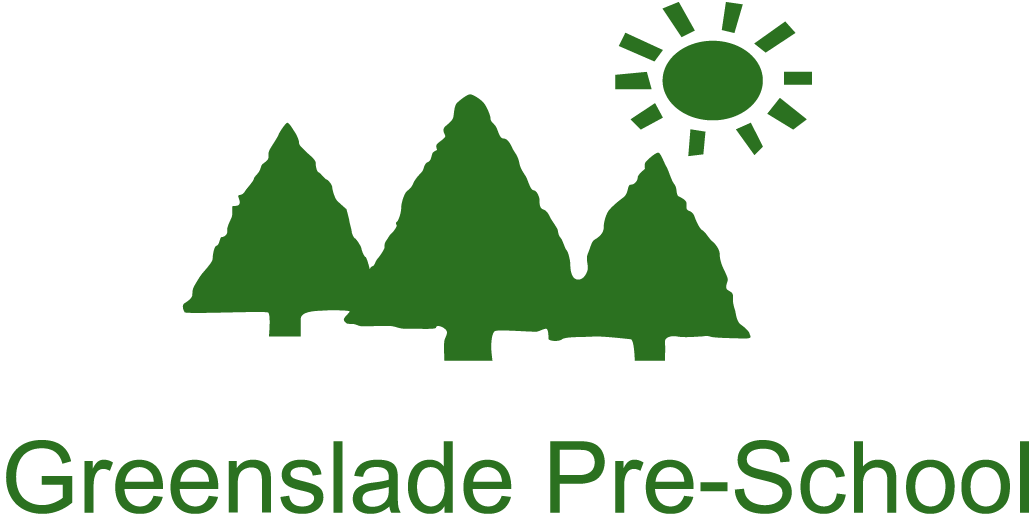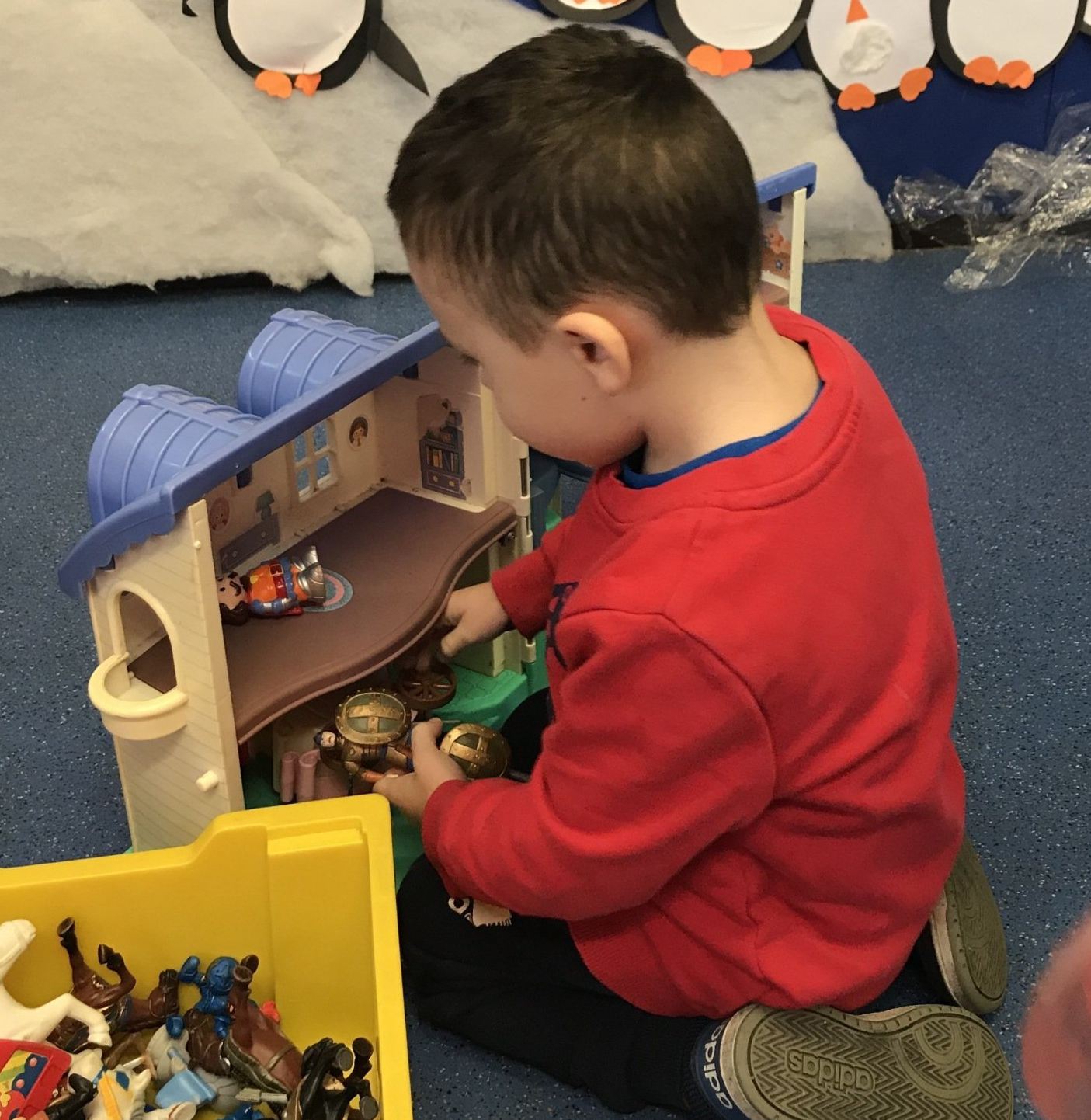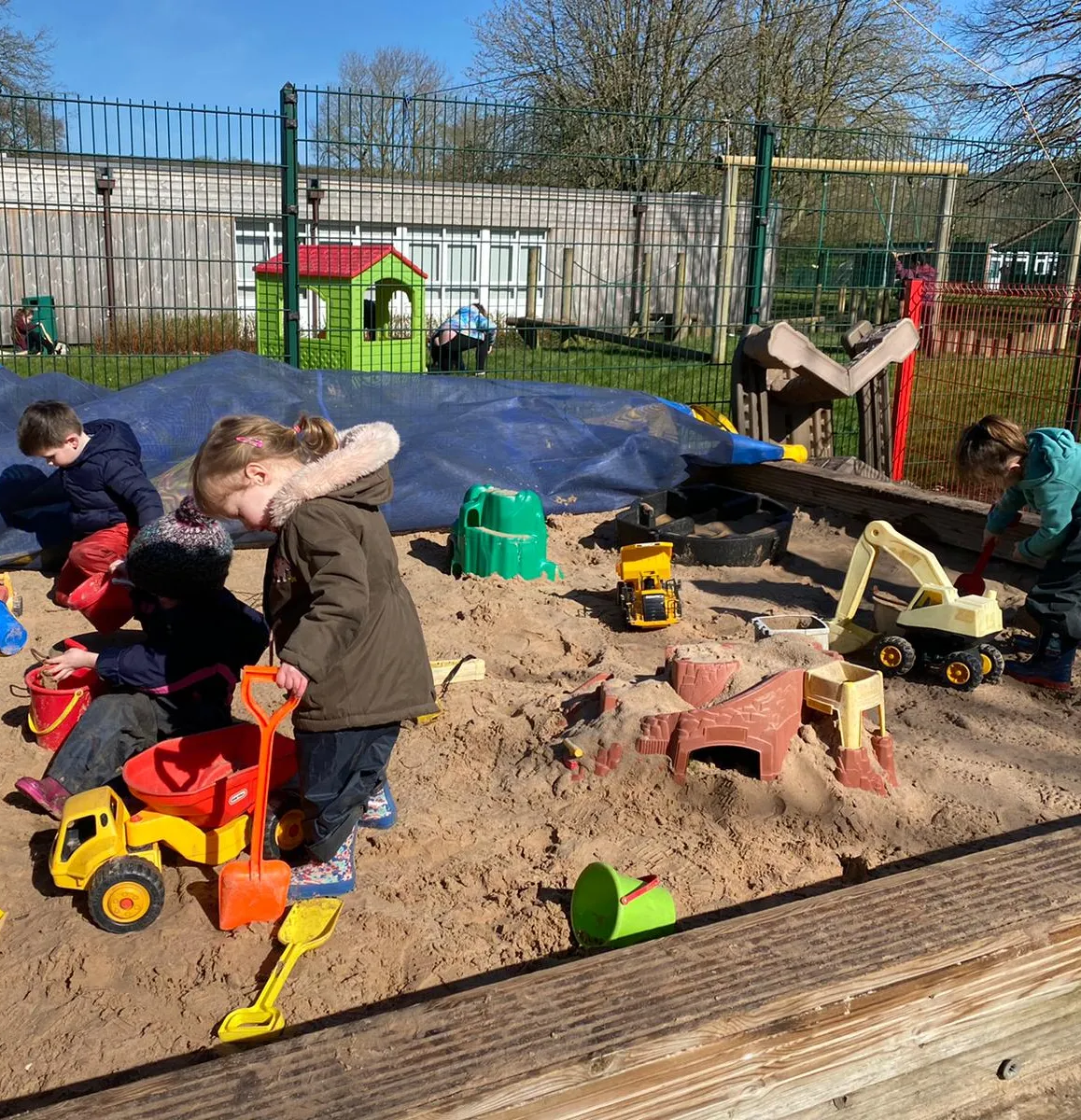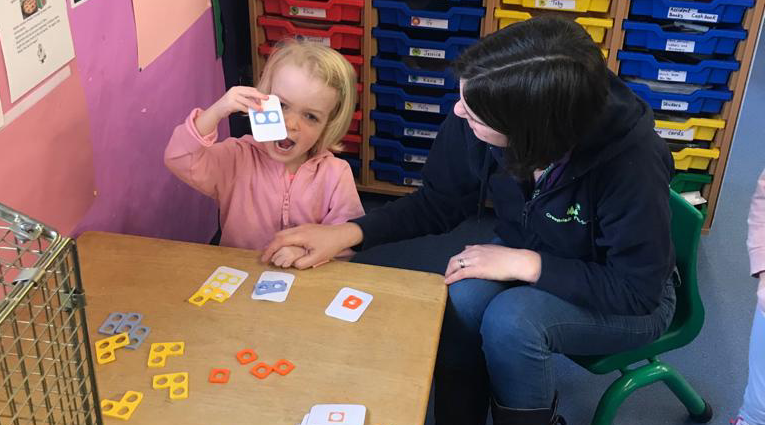
The Early Years Foundation Stage
At Greenslade we aim to help every child to become a confident, independent learner who is willing to try new experiences and persevere when thing become challenging. Through a mixture of self chosen play, adult led activities and sustained shared thinking we try to provide each child with the best start in their early years to set them up with every chance of success in the future.
What do we want children to learn at Greenslade?
All staff work together to achieve the final goal of preparing the children (and parents) who attend Greenslade Preschool to be ready to move onto school with the vital skills needed for school and for life. We want children to become confident, independent thinkers who work well with others. We recognise that all children are individuals that develop at their own pace. All staff understand the development that needs to be encouraged during a child’s time at Greenslade and although we have outlined what we want children to achieve throughout their time with us it is impossible to give this a definitive time line. The keyperson will ensure that the overall approach is tailored to the individual needs and developmental stage of the children under their care in partnership with parents/carers.
Communication and language development
- Listen and respond to simple instructions.
- Enjoy a variety of songs and rhymes.
- Use a wider range of vocabulary.
- Understand questions ‘who’, ‘what’ and ‘how’.
- Hold back and forward conversations with adults and peers.
- Understand why questions. Use longer sentences.
- Listen carefully and remember what has been said.
- Know a variety of rhymes and talk about familiar books, being able to tell a long story.
- Express thoughts and feelings about their experiences.
Personal, Social and Emotional Development
- Manage their own basic hygiene and personal needs.
- Develop confidence and independence within the Preschool setting.
- Engage with others cooperatively and take turns.
- Follow rules and understand why this is important.
- Select and use resources and activities when needed.
- Play with increasing confidence on their own and with other children.
- Build constructive and respectful relationships.
- Begin to understand how others may be feeling.
- Be confident to try new activities and show independence, resilience and perseverance in the face of challenge.
- Understand the importance of healthy food choices.
Personal Development
- Use large muscle movements in activities such as running, jumping, skipping, climbing.
- Explore different materials and tools.
- Continue to develop their movement, balancing, riding and ball skills.
- Be increasingly independent as they get dressed and undressed.
- Use one handed tools and equipment.
- Demonstrate strength, balance and coordination when playing.
- Show good control when holding pens and pencils.
- Show a preference for a dominant hand.
Literacy
- Enjoy sharing books with adults.
- Sing songs and rhymes.
- Enjoy drawing and mark making.
- Engage in extended conversations about stories and learn new vocabulary.
- Develop a phonological awareness.
- Add some marks to their drawings.
- Write some or all of their name.
- Write some letters accurately.
- Understand the five key concepts about print.
Mathematical Development
- Develop an understanding of numbers 1 to 3.
- Take part in number rhymes.
- Complete a simple puzzle.
- Explore pattern.
- Have a deep understanding of number and the composition of each number to 3.
- Verbally count beyond 5.
- Compare quantities using the language ‘more then’, ‘fewer than’.
- Talk about and explore 2D and 3D shapes.
- Understand positional language.
- Make comparisons between length, size and capacity.
- Subitise up to 5.
- Begin to describe a sequence of events using words such as ’first’, ‘then’.
Understanding the world
- Explore the natural world and natural materials using all their senses.
- Talk about their family and other people.
- Notice differences between people and develop positive attitudes about the differences.
- Explore how things work.
- Know there are different countries in the world and talk about the differences they have experienced or seen.
- Talk about the differences between materials and any changes they notice.
- Begin to understand the need to respect and care for the natural environment and all living things.
Expressive Arts and Design
- Explore different materials, using their senses to investigate them.
- Manipulate and play with different materials.
- Sing a range of nursery rhymes and poems.
- Explore different materials freely to develop their ideas.
- Make imaginative and complex ‘small worlds’ with blocks and construction.
- Take part in simple pretend play.
- Play instruments with increasing control.
- Draw with increasing complexity and detail.
- Respond to what they hear and see, expressing their thoughts and feelings.
- Perform songs, rhymes and stories.
